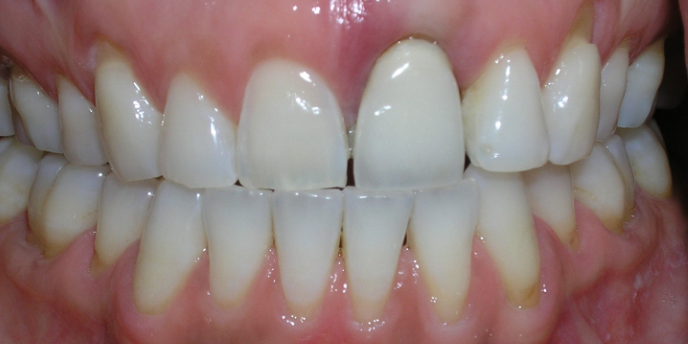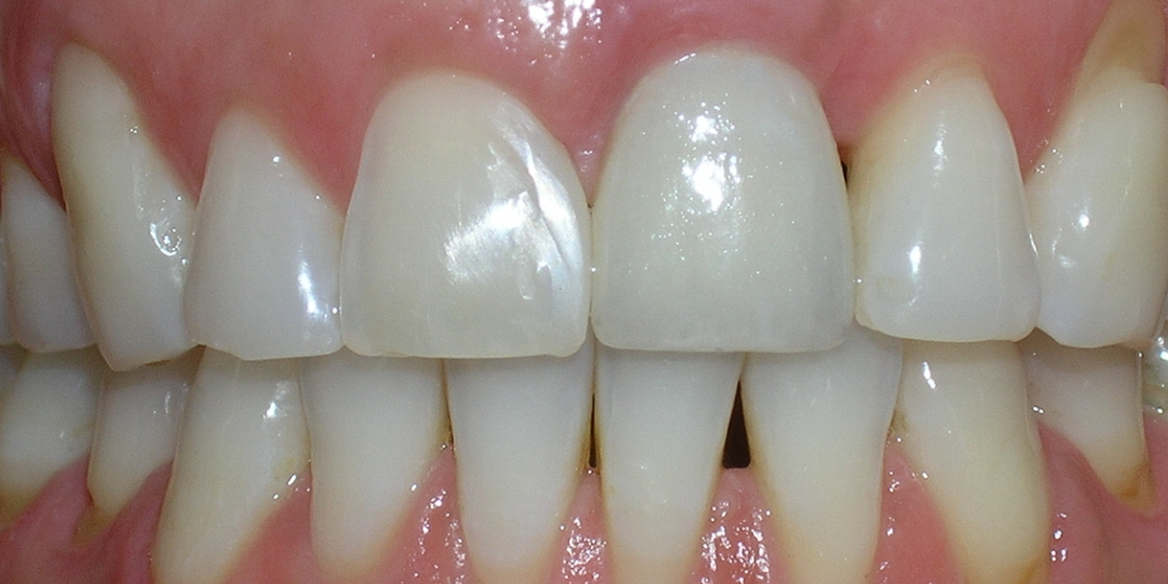If you have a missing tooth, you might not feel like smiling. But you don’t have to live with an embarrassing gap between your teeth if you don’t want to. Plenty of options exist to replace a missing tooth. That’s good to know because a missing tooth doesn’t just leave a hole in your smile — it may also affect how you speak and chew. And if a missing tooth isn’t replaced, the teeth around it begin to move. Shifting teeth create new crevices for dental plaque to hide in, which can lead to tooth decay and the need for a tooth filling or gum disease treatment down the road.
Implant dentistry is a popular option for replacing a missing tooth. Rather than resting on the gum line like removable dentures or using adjacent teeth as anchors like a dental bridge, dental implants are surgically placed into the jawbone where they act as an anchor for replacement teeth. A dental implant looks and feels like a natural tooth, allowing you to chew and speak just like you did before.
The Dental Implant Procedure
The dental implant procedure is usually a three-step process requiring oral surgery that is provided by your dentist, a prosthodontist or an oral surgeon. During the first step of dental treatment, your dentist drills a hole into the jawbone and a titanium implant is screwed into place. This portion of your dental implant treatment might sound painful, but most patients are comfortable with just local anesthesia. (If necessary, sedation dentistry can be used for anxious patients.) At the end of the procedure, the gum is secured over the dental implant, which will remain covered long enough for it to undergo the process of osseointegration, when the implant actually fuses to the bone. Osseointegration usually takes three to six months. As with any dental surgery, you may experience some mild discomfort as the dental implant heals.
The dental implant is uncovered during the second phase of treatment and a post is added. This serves as an extension and together with the dental implant serves as the foundation for your new tooth. Once the gum tissue around the post has had a chance to heal, your dentist places a dental crown on top. Since it is fixed to a post, your new tooth is extremely secure and will function just like any other tooth.
Although the conventional dental implant process usually takes several months to complete and involves multiple appointments, dental implant technology continues to advance. The result is options like single-visit dental implants, Nobel Teeth-In-An-HourTM and mini implants.
Dental Implants: A Lasting Solution

Dental implants can replace a single tooth, several teeth or all of them. Dental implants can also be used to anchor a bridge or dentures into place. If you need to have all of your teeth replaced, implant-supported dentures are ideal, providing more stability than traditional dentures and costing less than a complete set of single dental implants.
Just like any surgery, the dental implant procedure will be more successful if you are healthy. That means practicing excellent oral hygiene, eating well and not smoking. Patients must also maintain a significant amount of jaw bone to support dental implants. Discuss your pre-existing medical conditions with your dentist. He or she can best determine if you are a candidate for dental implants.

Now let’s take a look at dental implant cost. Without a doubt, the cost of dental implants is an important consideration. And for good reason. While the cost of dental implants differ, prices can range from $1000-$3000 per implant. Most dental insurance plans consider the procedure cosmetic and don’t cover costs. Compared to other popular solutions for missing teeth — likedentures, partial dentures or bridges — the dental implant cost disparity might be a little hard to swallow. But before your write them off, remember that dental implants are a permanent solution for missing teeth. With proper care, you may never have to replace them again. So although paying more may cause a dent in your pocket in the beginning, you’ll get your money’s worth in the long run. Dental implants are also much more comfortable and natural-looking than other solutions. Because they’re surgically placed into your jawbone, they’re the closest thing to your natural teeth that dentistry has to offer!
Even if you don’t have the money to cover the cost of dental implants up front, you still have options. Most dental offices offer some form of in-office financing that allows you to make payments over time. Some even offer low or no-interest plans to make the dental implant cost easier to manage. Be sure to ask your dentist about all your payment options!
Remember, if properly cared for, dental implants can last a lifetime! Although the replaced tooth itself can’t get cavities, you still need to brush and floss the area to remove dental plaque buildup. Regular dental visits every six months are also recommended. If you think dental implants might be right for you, call our office at (562) 947 7811.



